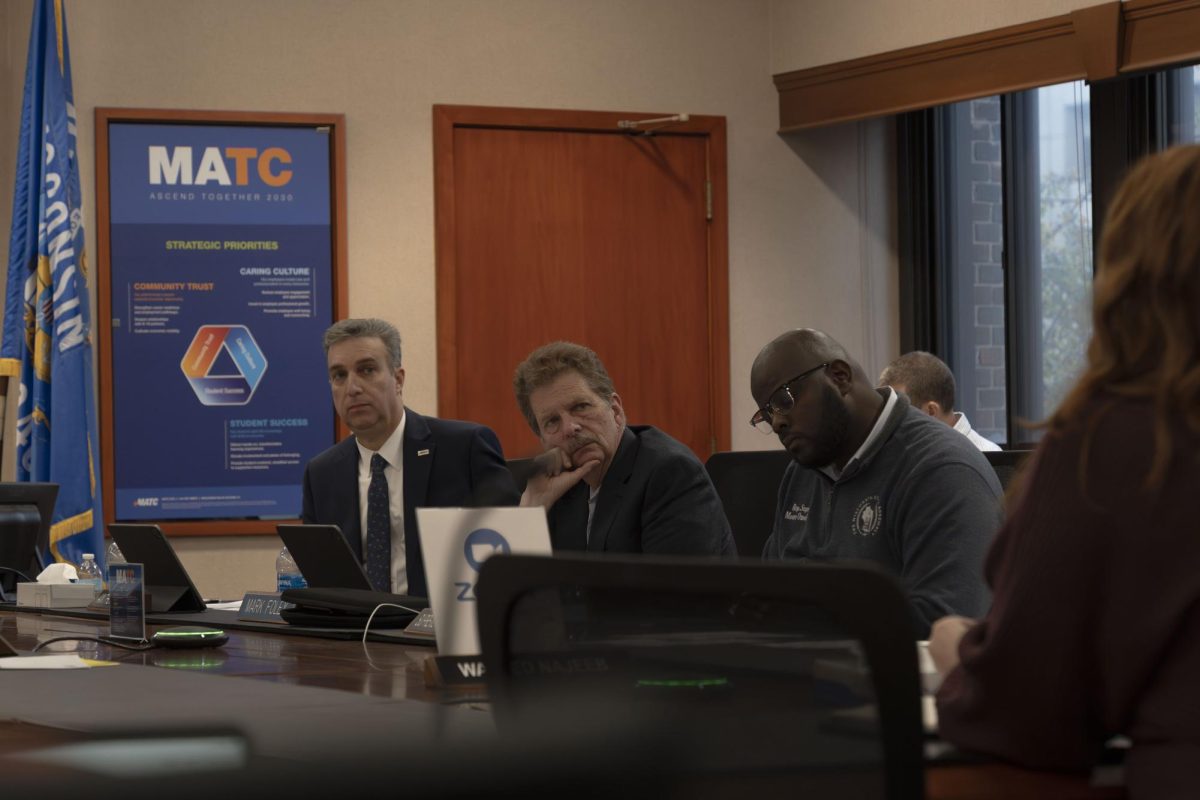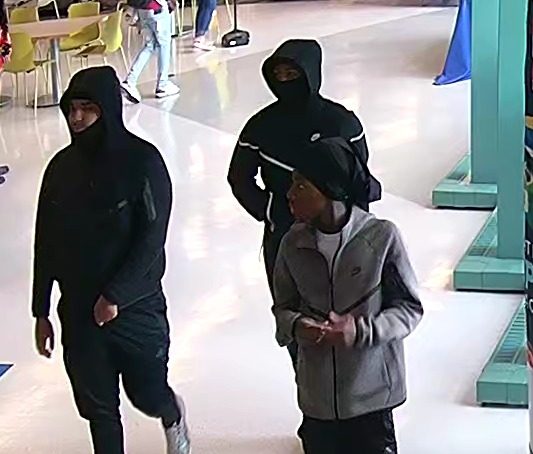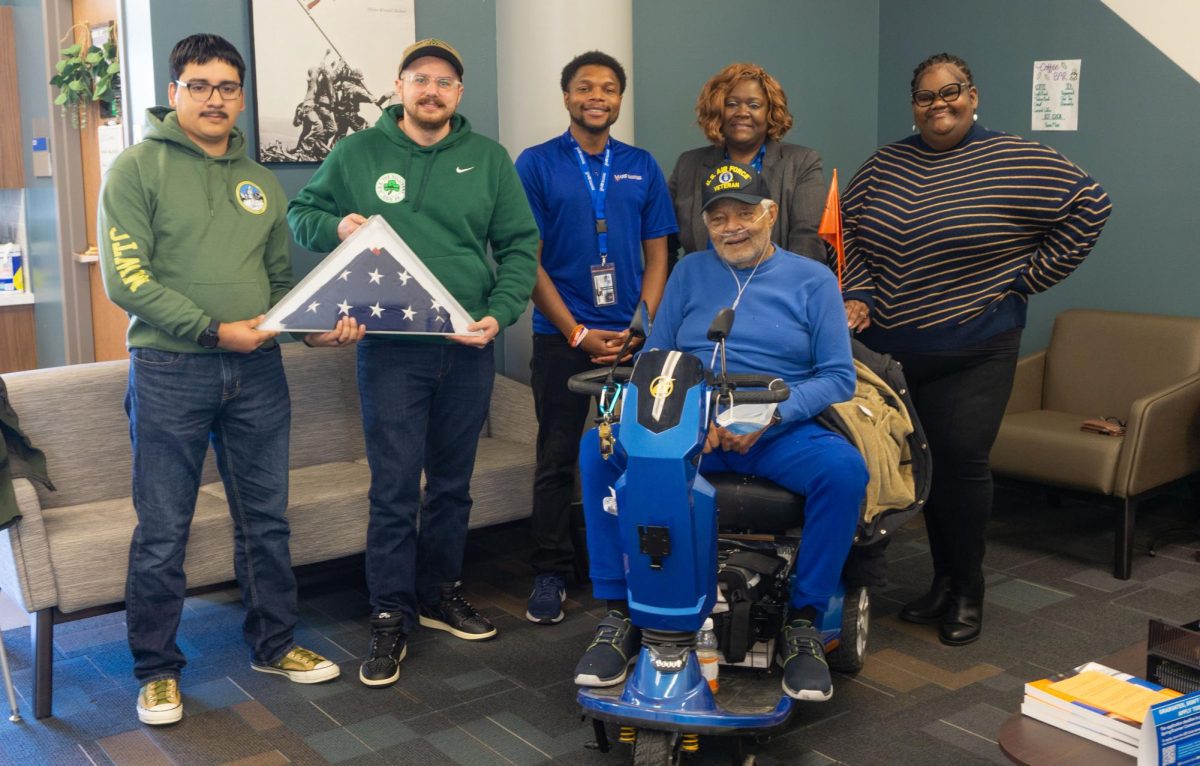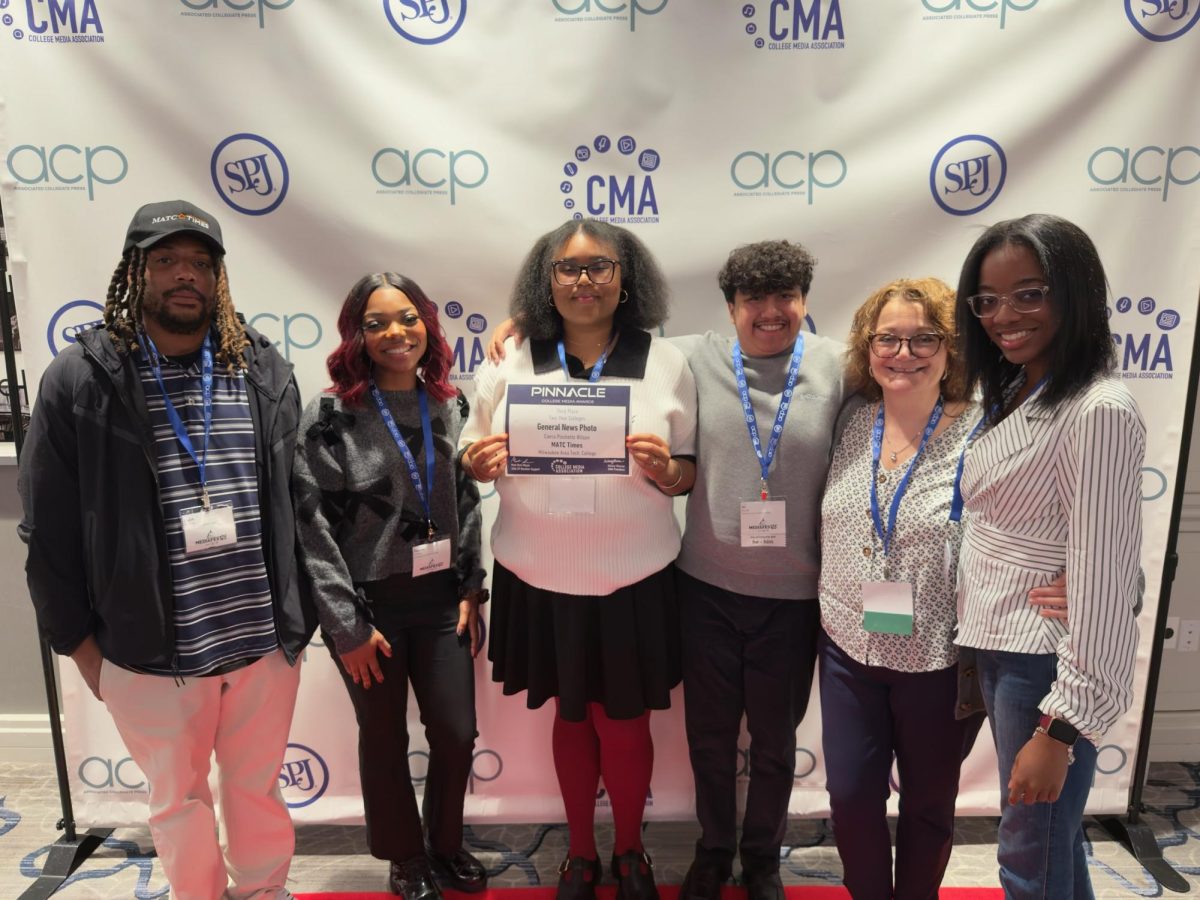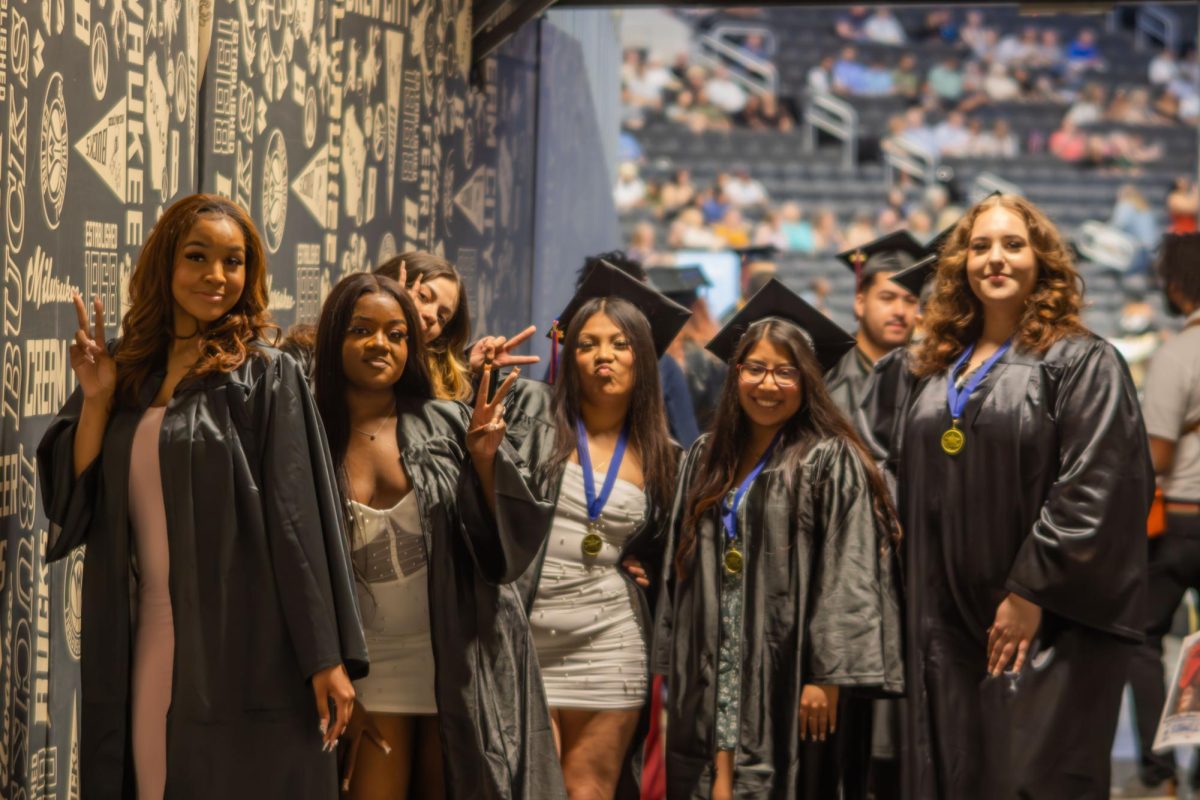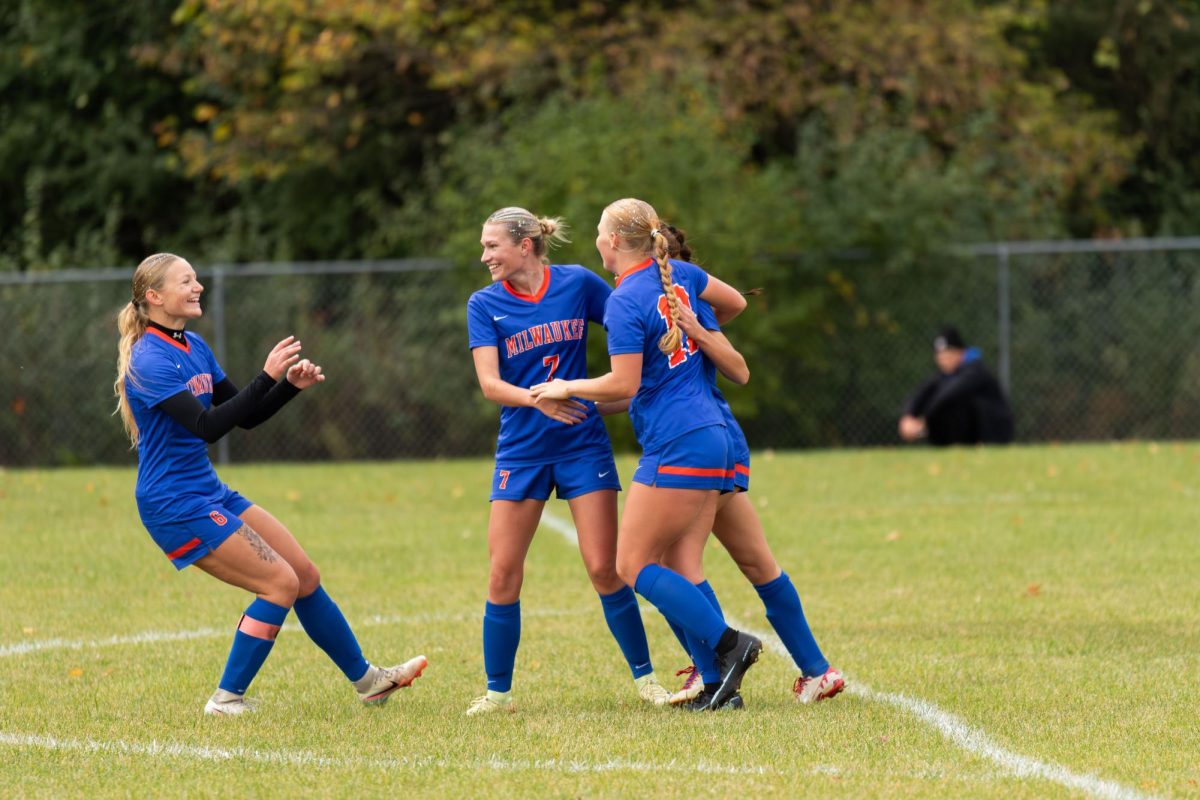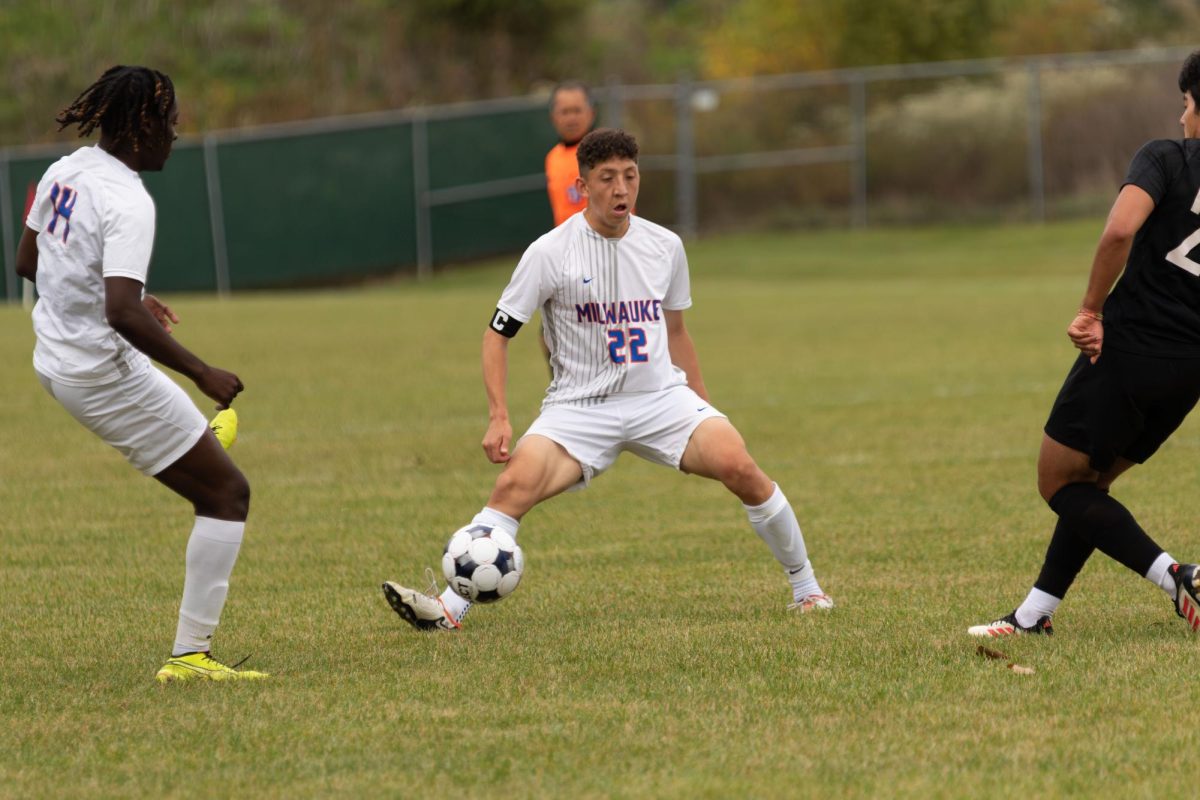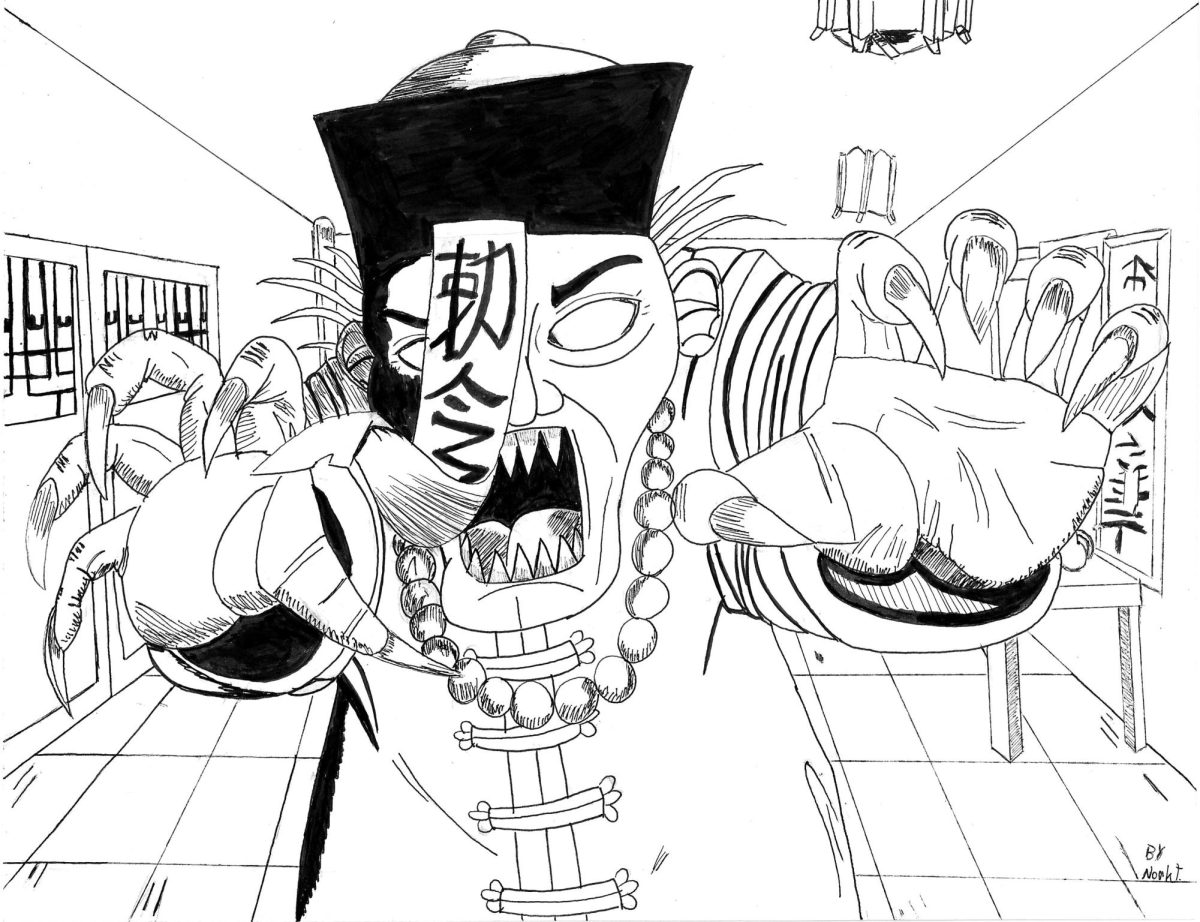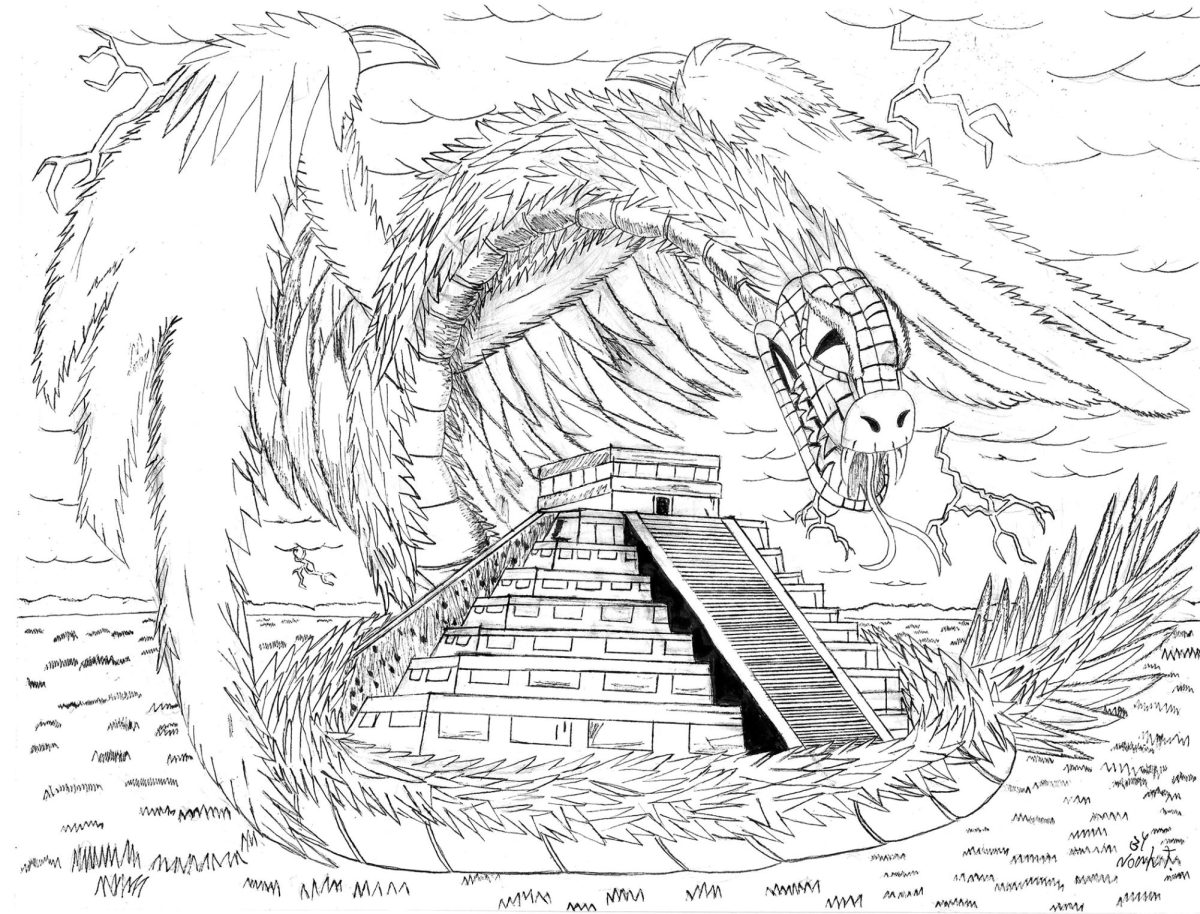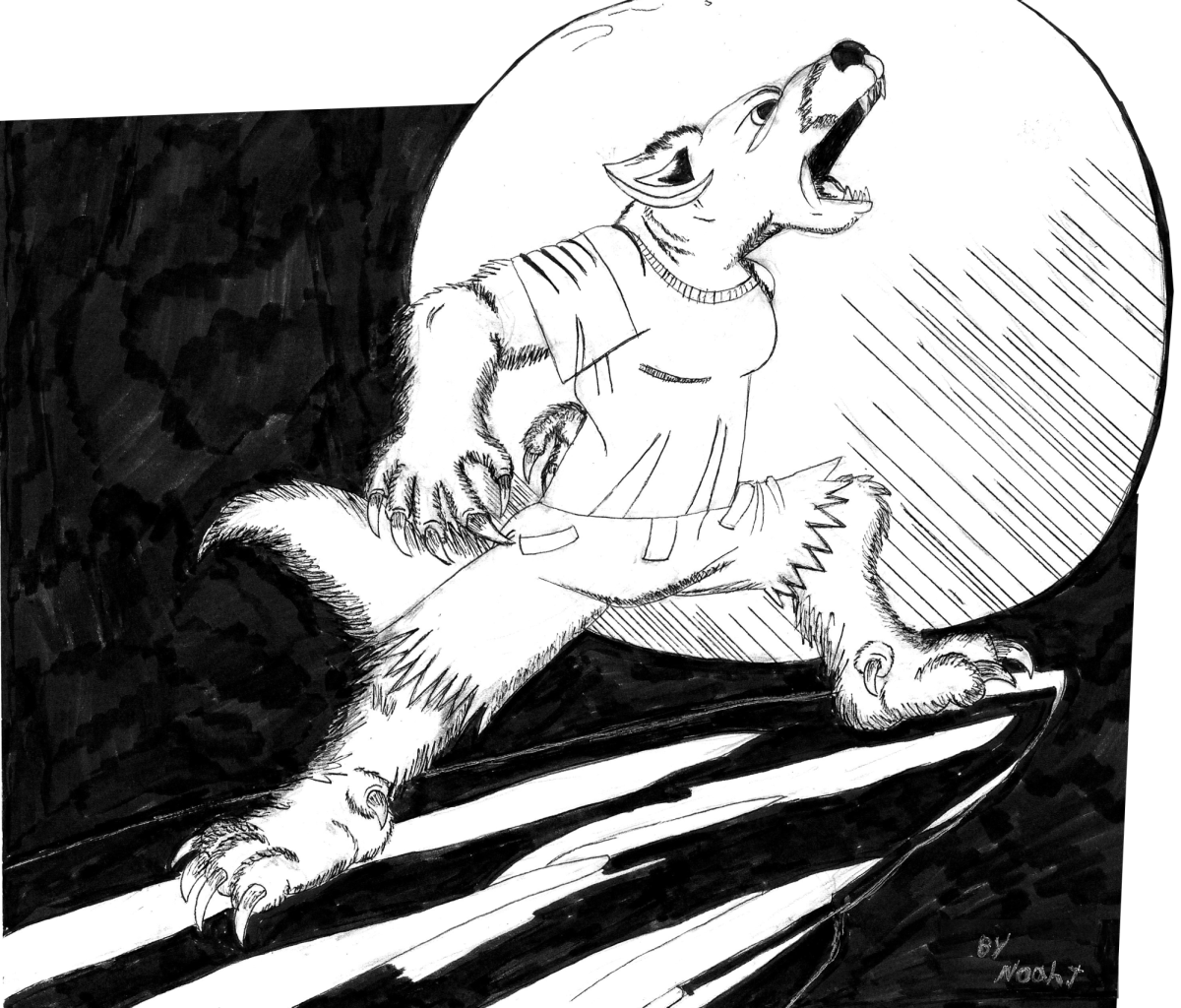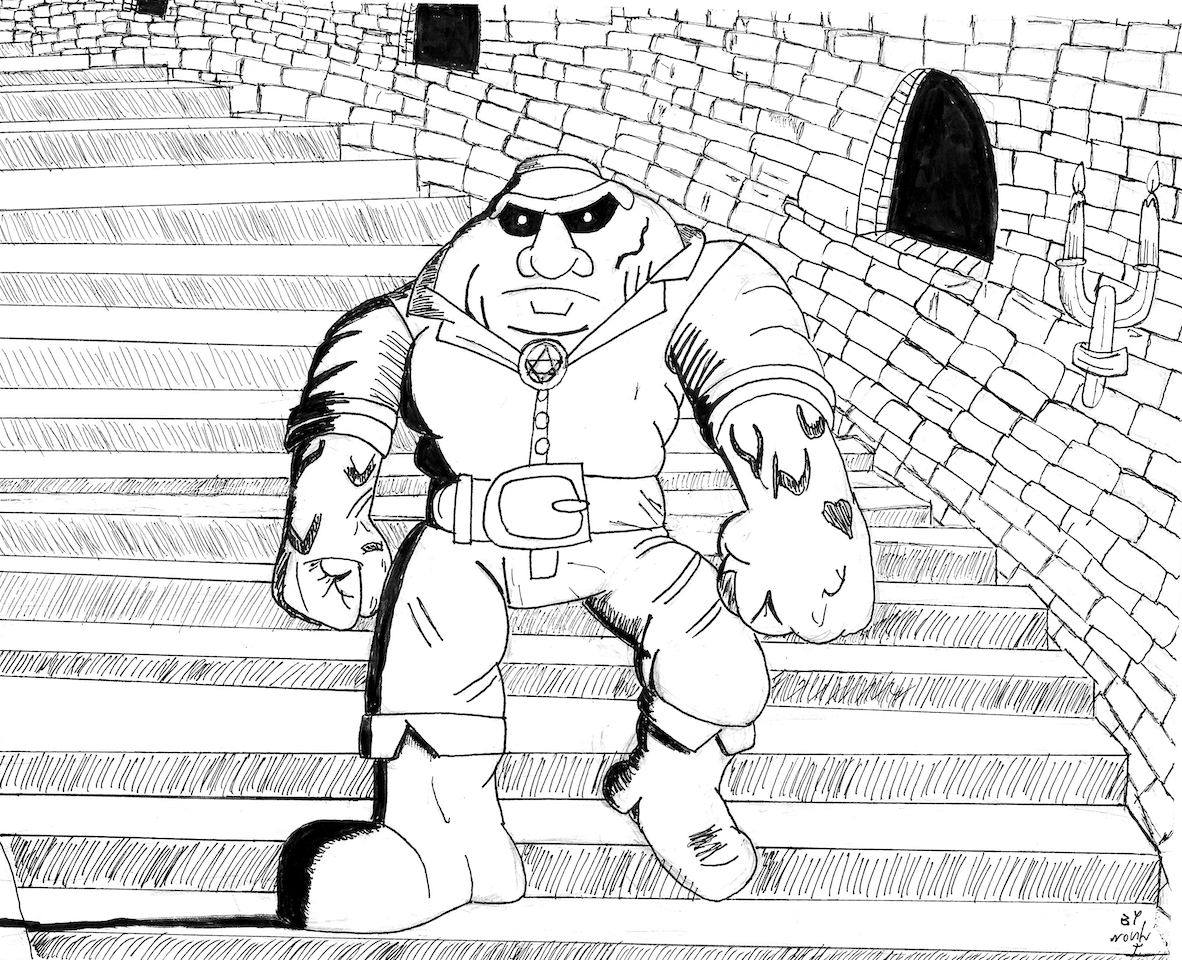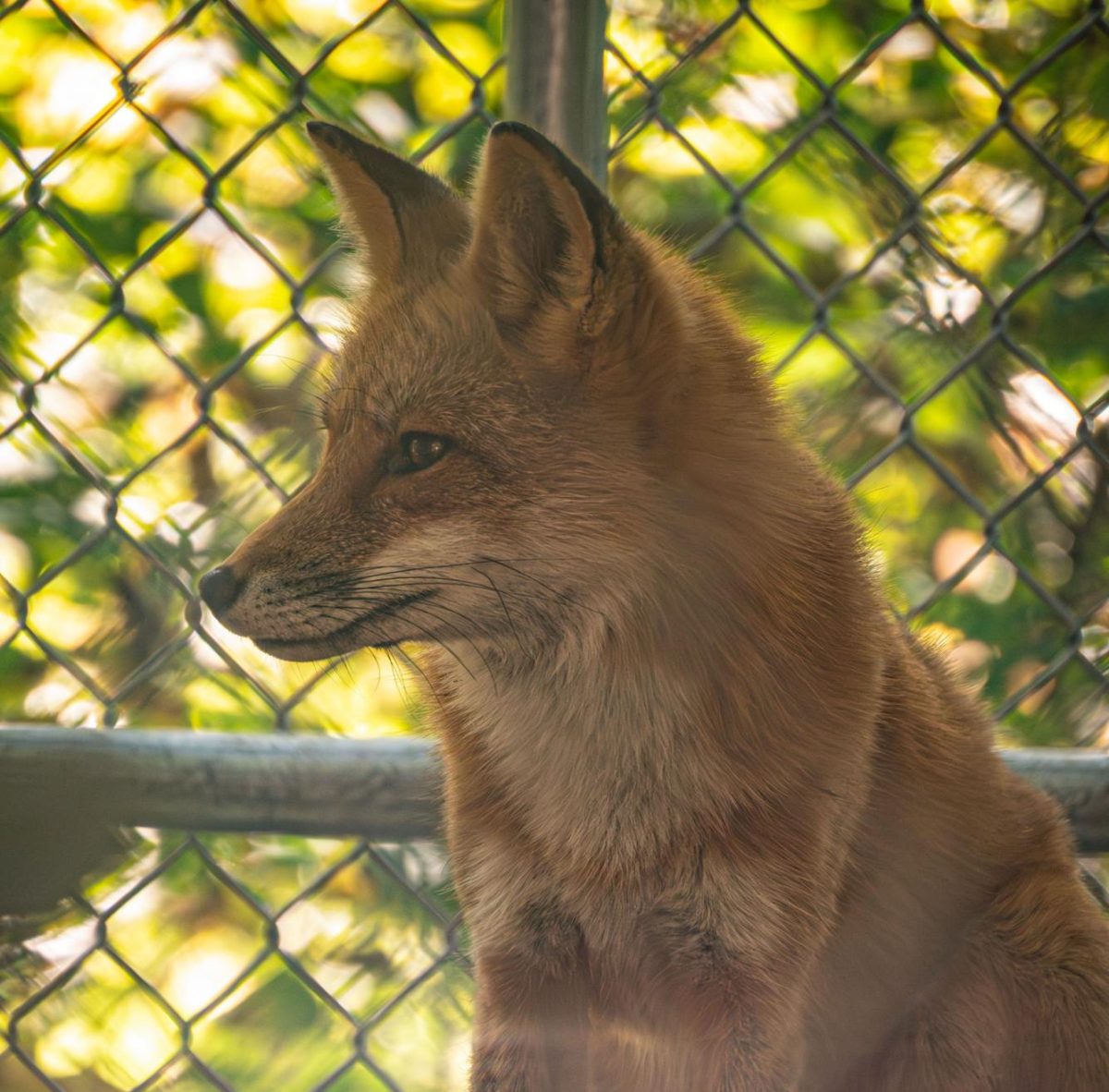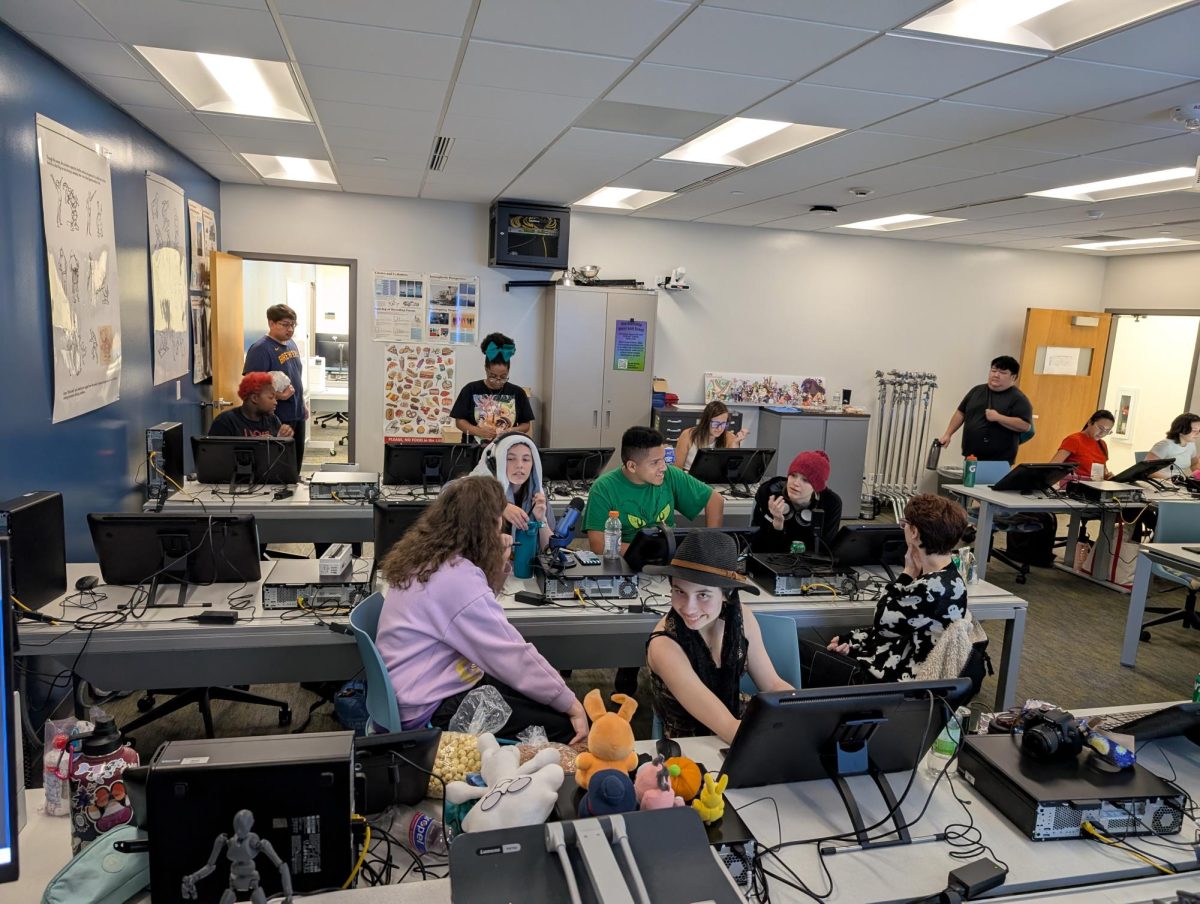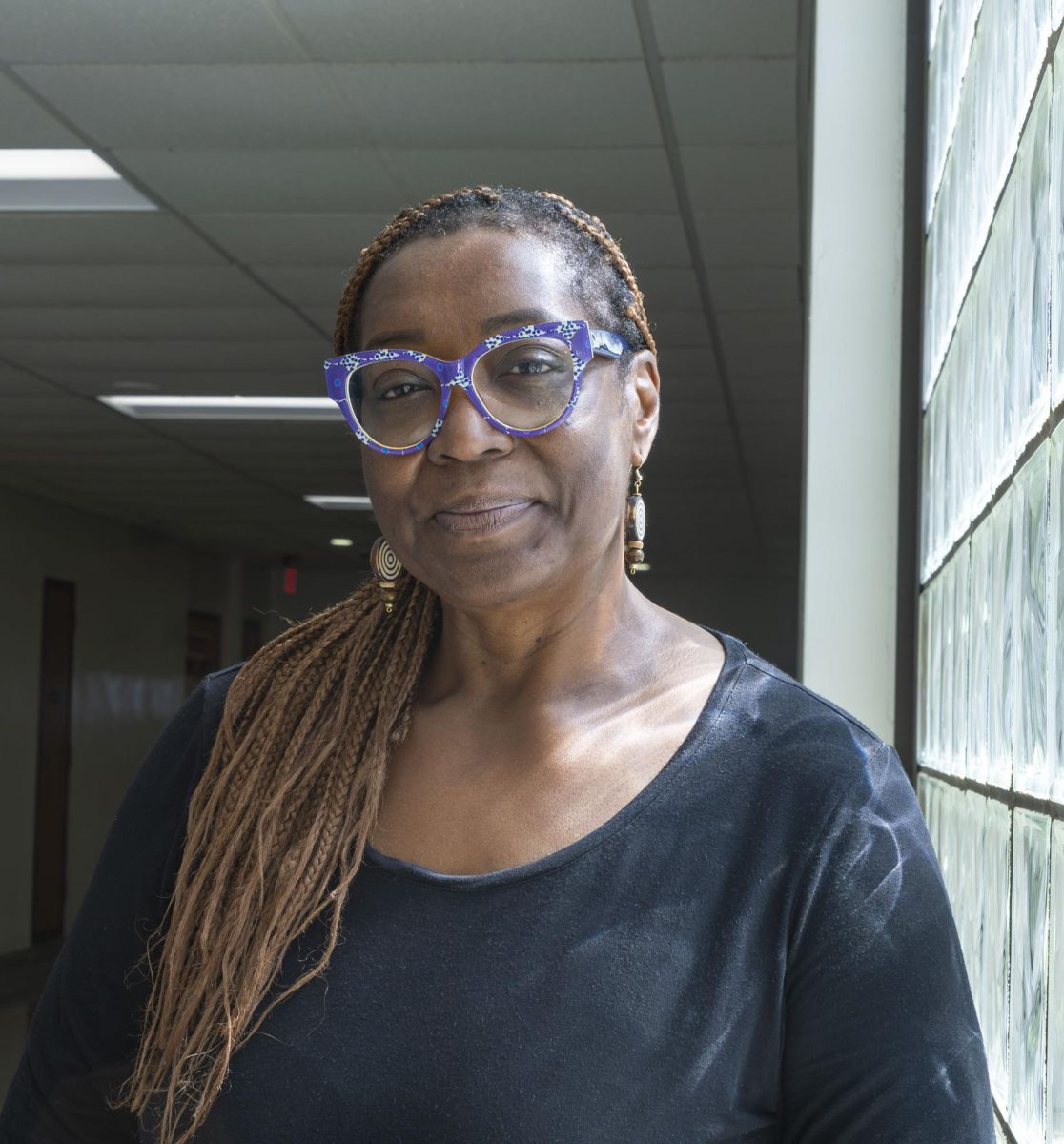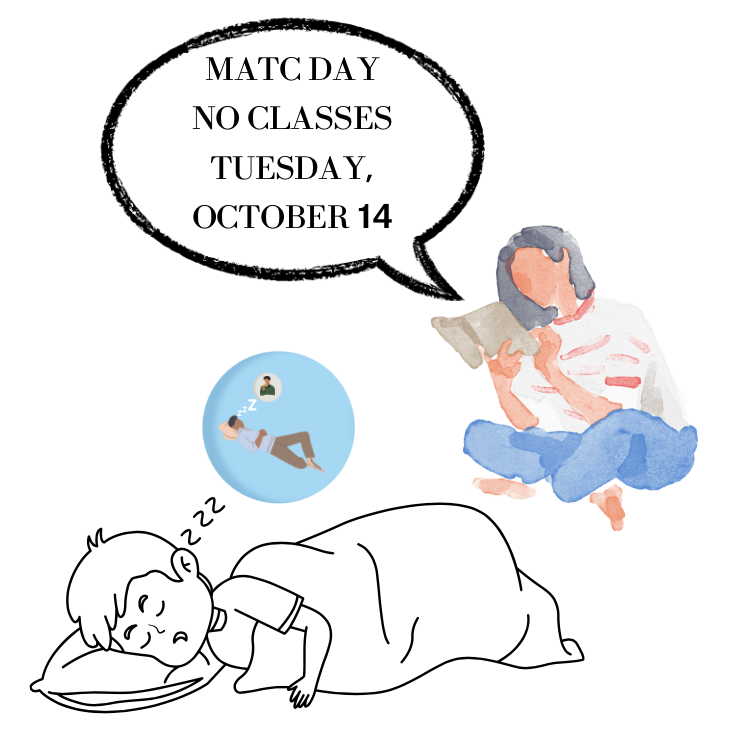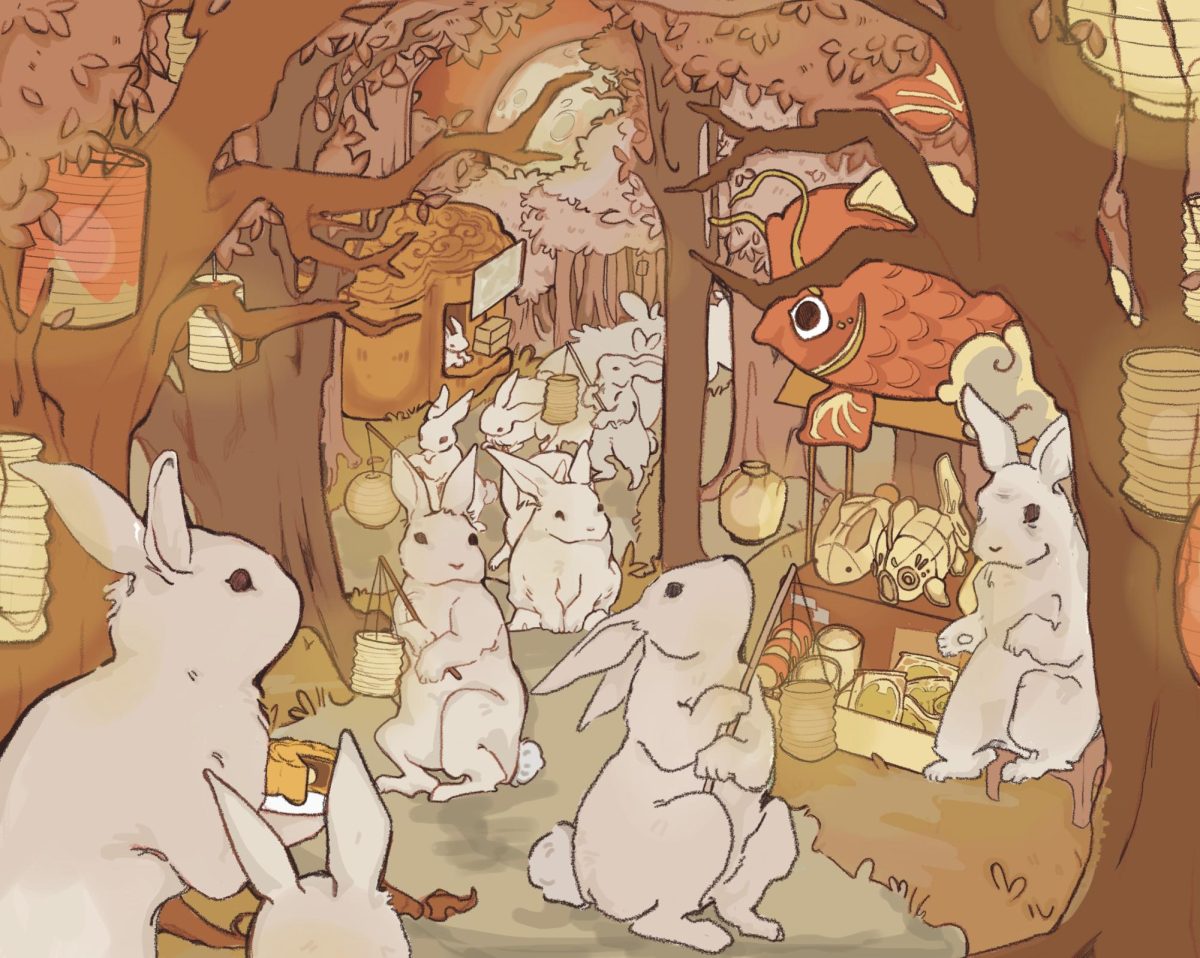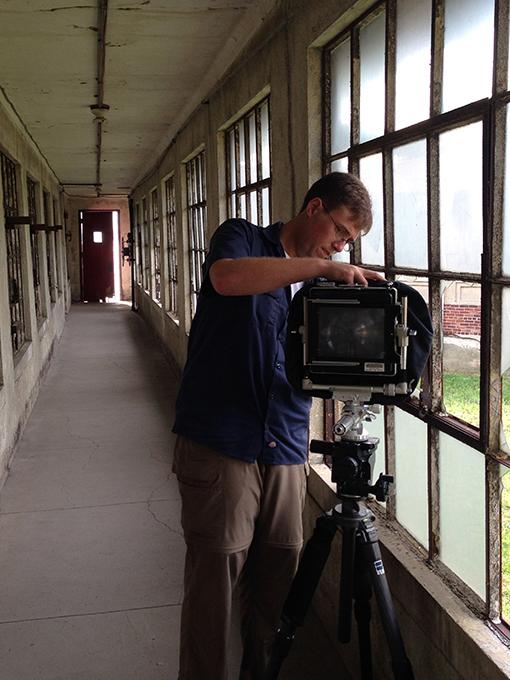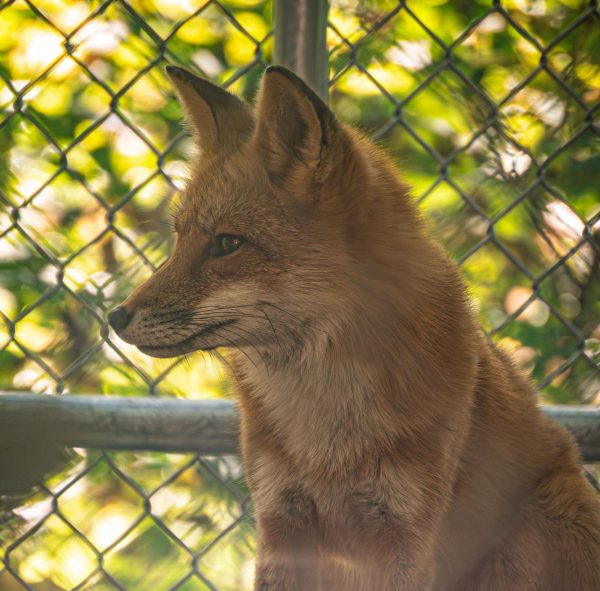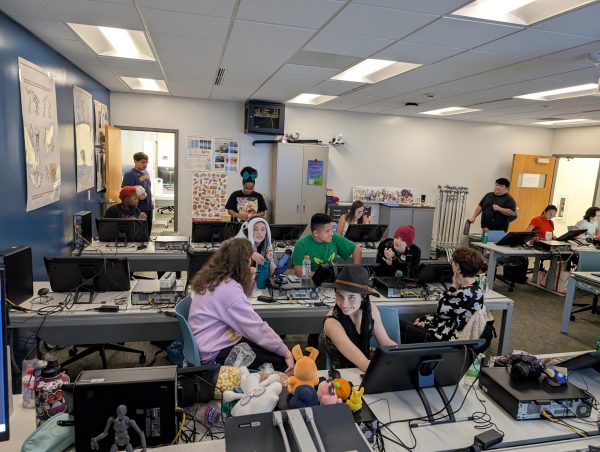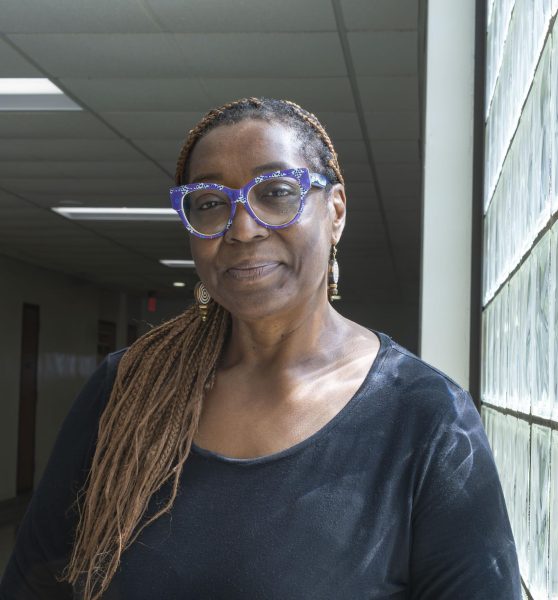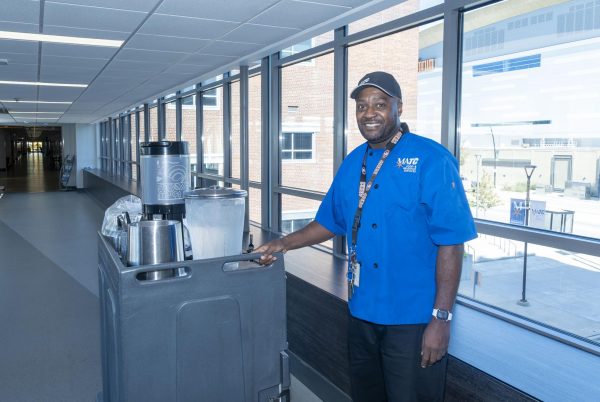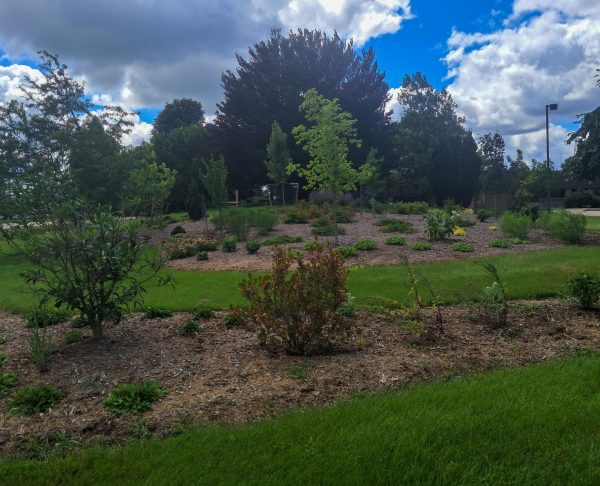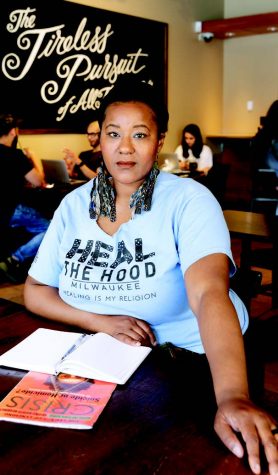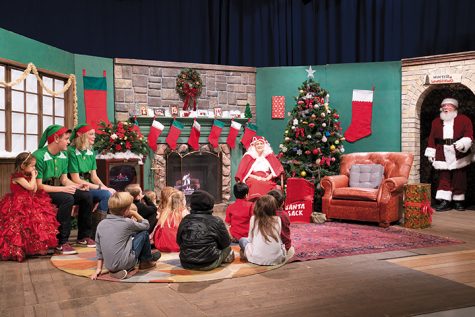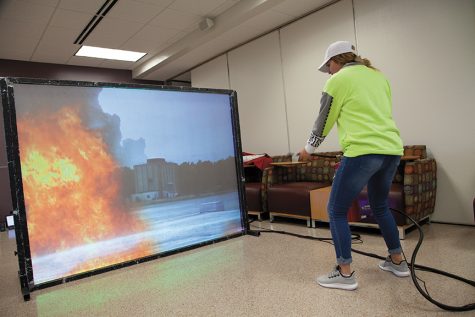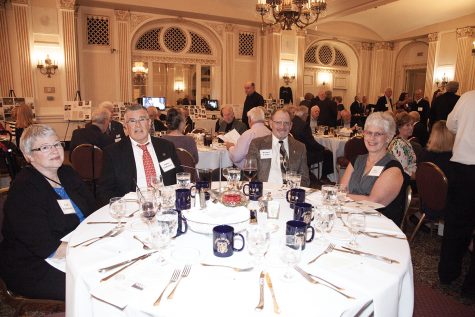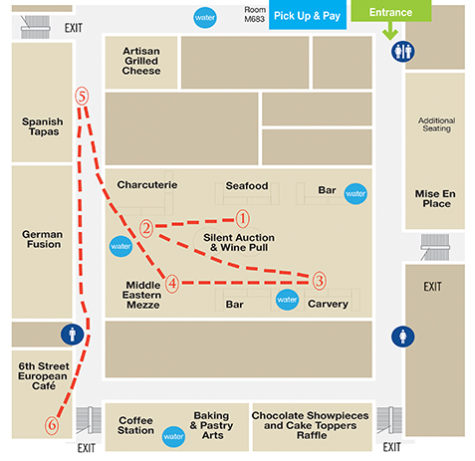Former Times photographer lands dream job
MATC Photographer gets job of a lifetime at National Parks Department.
“I recognized his passion and tenacity pretty quickly, he was always the first one to class and the last one to leave,” says John Glembin, photography instructor at MATC, in regards to former student Jarob Ortiz. Ortiz has been getting a lot of press lately because of the position he landed with t he National Parks Department. You might have seen him on the MATC affiliated program “10thirtysix” or on his segment on “CBS This Morning.” Luckily, Ortiz took some time out of his busy schedule to do an interview with the MATC Times. His aforementioned passion was noted firsthand when he was a half hour late to call for the phone interview because he got caught developing some film.
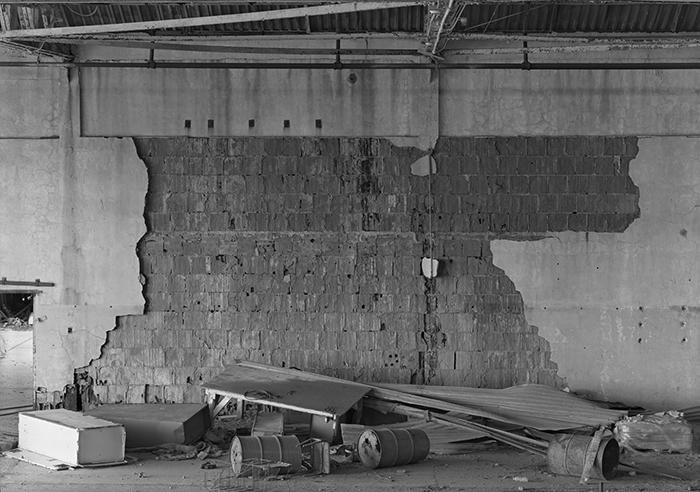
First, I’m not familiar with the Heritage Document Program, can you explain it briefly?
The Heritage Document Program is part of Cultural Resources, which is under the National Parks Department and it’s all under the Department of Interior. What we do is go around and document historic landmarks, landscapes and architecture. There’s a three-prong attack; we have photographer, historian and architect. We all go out and do our part, then it all gets submitted in one report and stored in the Library of Congress.
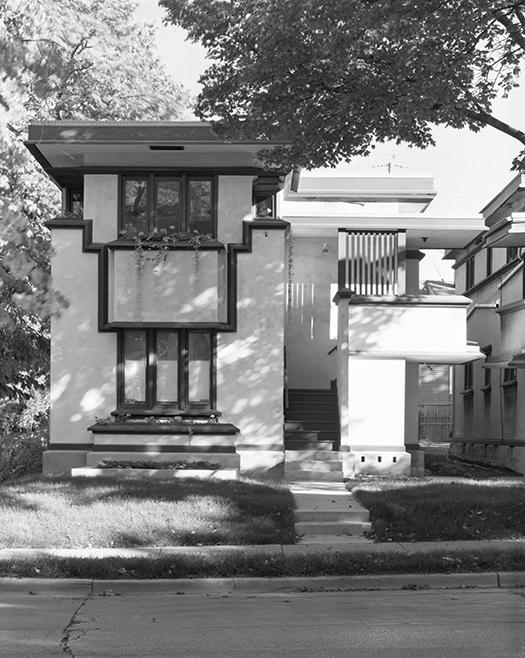
Was it intimidating applying to a job with 4,000 thousand applicants?
Yeah, I pretty much just told myself: I’m not going to get this job, it’s never going to happen, but I’ll feel really bad if I don’t try. Out of those 4,000 applicants, only a handful had experience with large format photography, like the extensive experience I had, so that helped. I know I had the knowledge. So, I said I’m going to try my hardest and do everything to the best of my ability so I don’t have any regrets later. I worked on my resume and application six hours a day for a whole week. Even when I got the interview I studied six hours a day as well.
How about applying with a two-year degree from MATC compared to a four-year from a more well-known school?
All I had was a two-year degree, technical science, from MATC but I was pretty confident. The information that came with my two-year photography and science degree from MATC gave me an upper hand while applying. At MATC you learn more of the science of photography, whereas if you go to an art school, you get a more conceptual education of photography. The part I was intimidated by was the personal connection aspect, not the technical side of things.
Would you say this is your dream job?
For me it is because I love large format photography, which is required for the job.
You had a passion for large format photography even before coming to MATC, right?
Yeah, that was the reason I went to MATC, because they still taught that type of photography. When I submitted my portfolio and showed them my photos, they said it seems like you’ve already been doing what we’re asking for, that’s because I had. There were a bunch of photographers when I was going to school there that would say why are you doing this? You’re not going to make any money doing large format. But because I loved [large format] so much I would tell them, I don’t care, I like doing this.
What does this mean to your family?
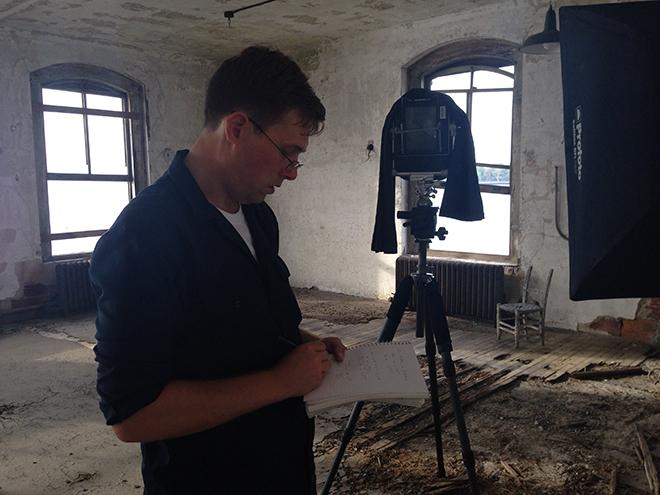
I know my parents are very proud. My dad kind of gave me a hard time at first when I told him I wanted to go to school for photography. My mom and my stepdad always told me to just go do it, they would say it seems like this is something you have to do, so put everything you have into it.
How much did your brother being into photography help keep you focused and motivated?
It’s crazy because me and him both got into photography at the same time and it definitely played a huge part. We would get together and talk about what we were learning, it was nice he was going to a different school [Madison Tech]. It’s funny because most people, when they had their spring break they would go down to Florida, but him and I would go to Gary or Detroit to take pictures of abandoned buildings.
How did working with the MATC Times help you as a photographer?
I loved working with the Times, that was so much fun. When I worked with the Times it was definitely a moment that changed the way I approached photography. Up until I worked with the Times I always took photographs of stationary things. But then with the Times something changed and all of a sudden I liked, and this is what I do on my free time now, street photography. Pictures of people and events. I go out and engage people, talk to them and take their photos. I really wasn’t like that before the Times. It really broke me out of this some sort of shell I was sort of inside. It just got me out of my comfort zone and made me a better photographer.
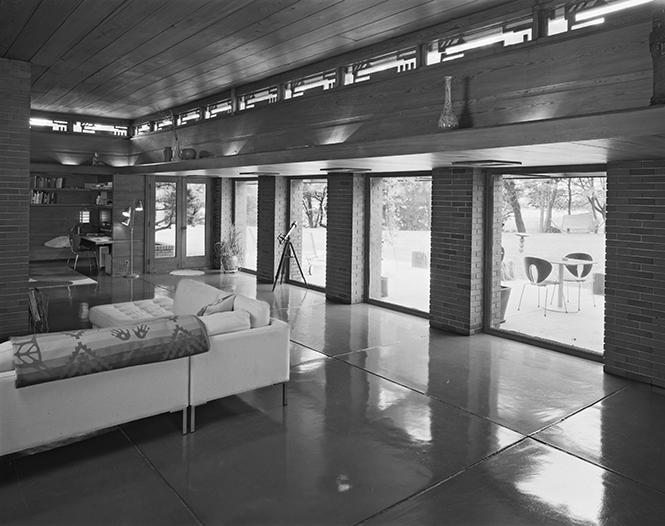
Would you ever consider leaving your job and coming back to the Times?
Laughs – I don’t think so, maybe if I was an old man and I couldn’t carry around my gear anymore, but I love this job and our mission so much.
Any advice for students currently in the photography program?
The way I went about photography was a little unorthodox because I just stuck to my guns the whole time [in regards to large format]. So, I guess I would say if you like something, and you want to do it, stick to your guns and sooner or later an opportunity will come up. You just have to be patient. And always be looking for opportunities and you’ll know when you find one that you really want, you’ll feel it. You’ll know that you want it more than anything, and just go for it, put in the time and do everything you can to make sure you get the job.

